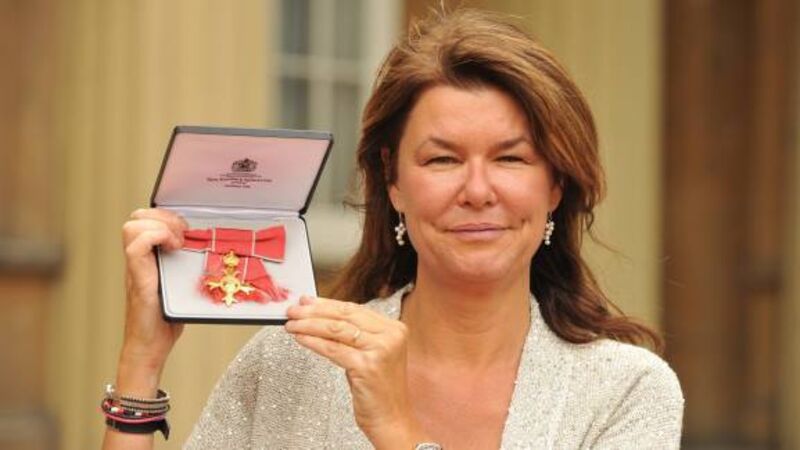‘You can’t see people with their heads blown off and not be traumatised’

SKY News correspondent Alex Crawford is tearful. She has seen horrendous things reporting from war zones in Syria and Afghanistan. “You can’t see people with their heads blown off and not be traumatised,” she says. “You sort of have to remember it, right? Because you don’t want to forget. But you don’t want to remember, either, because you can’t carry that on your shoulders, every day.”
In the Central African Republic, she and her crew filmed a 16-year-old girl in childbirth. The girl had been raped, she was malnourished and she had an infection. “There were two midwives on her,” Crawford says. “One was on her stomach, literally jumping on it, trying to get the baby out, because the mother couldn’t push. She was in the hospital, but it wasn’t a hospital, it was just a building; no water, no drugs, nothing. They had to give her an episiotomy without any anaesthetic.” For the first time in her career, Crawford fainted. “I just heard the guys going, ‘Jesus Christ’. I was so embarrassed.” Crawford, who has four children, rightly objects to being asked questions that wouldn’t be asked of men, about journalists who have families jeopardising themselves. I say she didn’t faint because she’s a woman. “I don’t know... If you’ve been through it [childbirth] before, you’re thinking, ‘Jesus wept...’ It makes me want to cross my legs now.”












